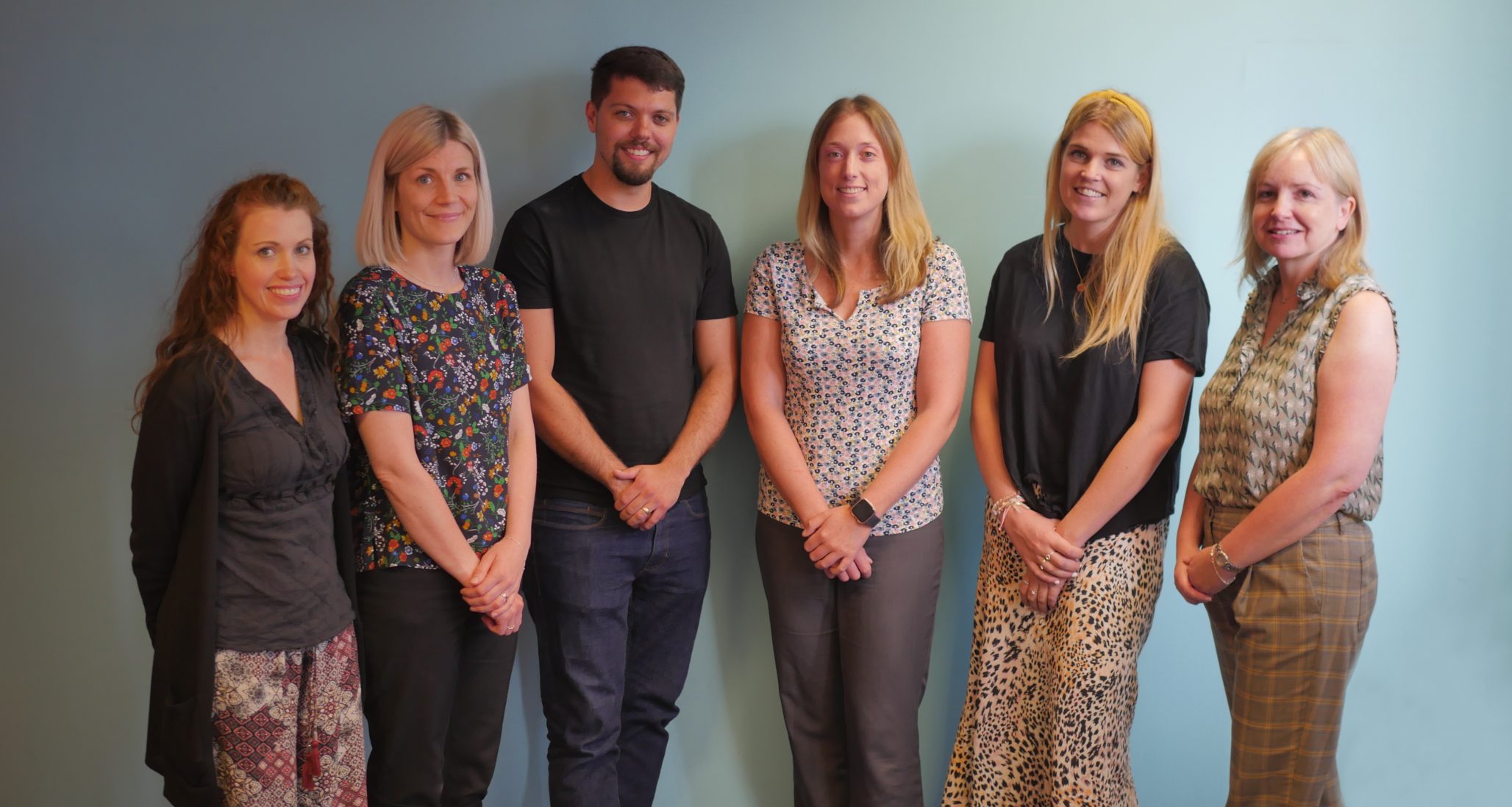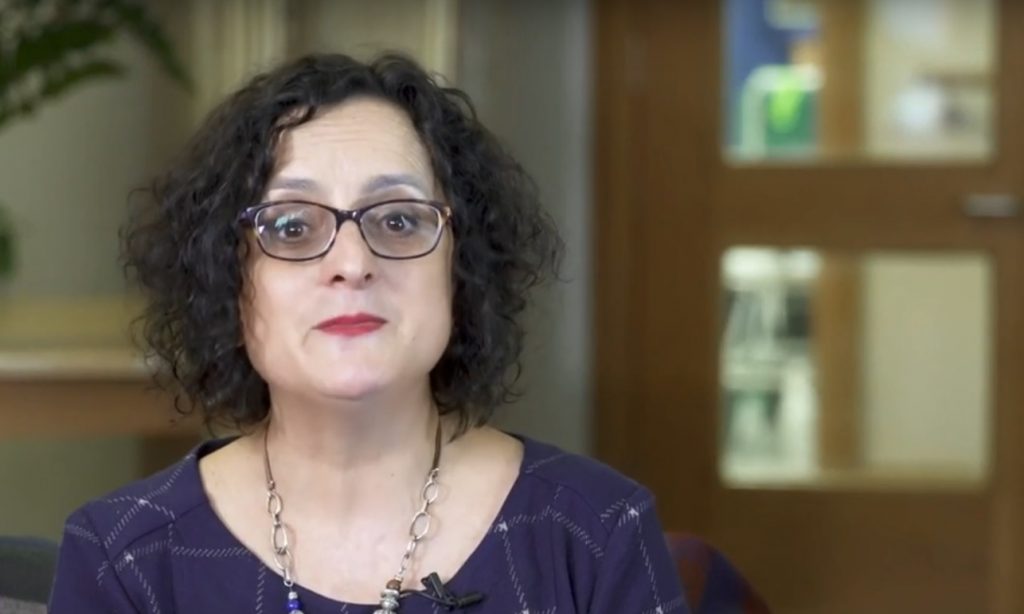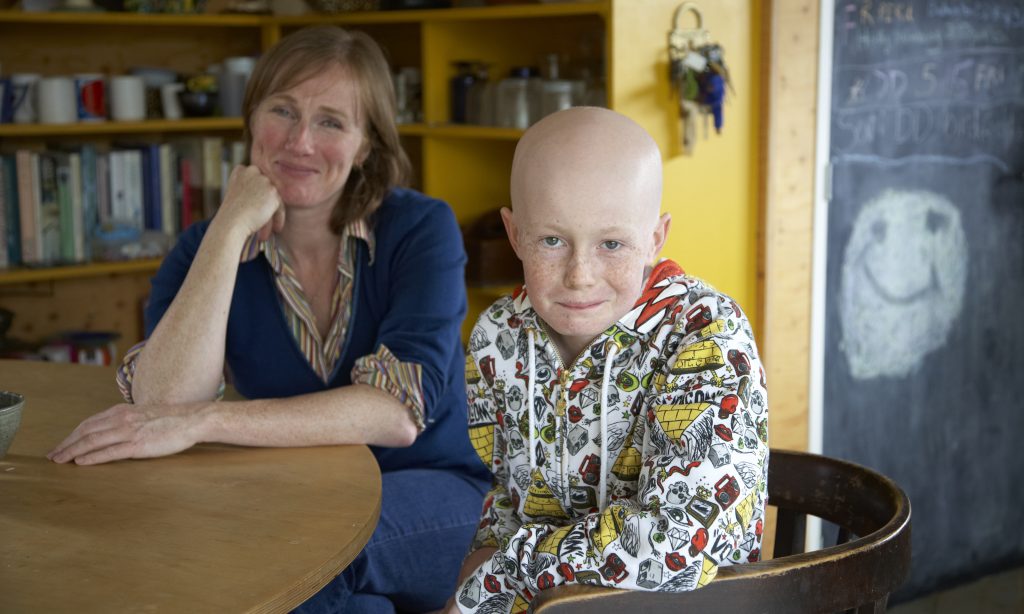What to do when your child dies from a brain tumour
The death of a child can be overwhelming. Some of the emotions you might feel are despair, disbelief, anger, agony, loss, grief, guilt and relief. It’s not something that parents expect to have to deal with.
Here we cover some of the common questions parents have surrounding the death of their child. We hope this information will help you prepare and guide you through this difficult time:
- What do I do immediately after my child dies?
- Dealing with the practicalities after my child dies
- Where can I get emotional help for myself and my family after my child dies?
What do I do immediately after my child dies?
Take your time to say goodbye. You don’t need to do anything in a hurry, whether your child dies at home, in a hospice or in a hospital. How you decide to do this will be up to you – there’s no right or wrong way, it’s your decision.
You can still touch your child if you want to, so it’s fine to hold or cuddle them.
You may want to wash them and dress them in special clothes, make a hand or foot print, take a last photograph, or play their favourite music.
If they died in a hospice, you may want to use the bereavement suite where your child can stay after dying and up to their funeral. This means you can spend precious time saying goodbye. Parents say it’s truly comforting, rather than having to visit them at a funeral directors and the chapel of rest. It can help with siblings too and their understanding of death.
Hospice bereavement suites are often available to families where the child has died elsewhere (at home or in the hospital).
If they died in hospital, you may decide you want to take them home before the funeral. In most cases, this should be possible – speak to the staff at your child’s hospital. Alternatively, speak to the hospital staff about who to contact if you want to come back in and see your child before the funeral.
Think about how to involve any brothers and sisters – they may want to say goodbye too.
How you and your family feel and what you want to do will be unique to each of you. Your religious, spiritual or cultural beliefs may influence how you spend this time.
When you’re ready, you can move onto the more practical things.

Our Children and Families team is here to help you find the support you and your family need following the death of your child.
What to do after my child dies? – Dealing with the practicalities
Many parents worry about what they need to do after their child dies. It can often be confusing, time-consuming and a source of worry.
-
There are only 2 things you legally have to do when your child dies:
- get a death certificate
- register the death.
If your child died at home, when you’re ready, contact your GP to come to the house to confirm the death and sign the death certificate. If your child died in hospital or a hospice, a hospital/hospice doctor will do this for you.
When you have the death certificate, you, or a close family member or someone who is present, can register the death with the Registrar of Births and Deaths in the district where your child died. This must be done within 5 days in England, Wales or Northern Ireland, and within 8 days in Scotland. It can help to plan in advance and check where your local registry office is and its opening hours.
-
If you’ve thought about this before your child’s bereavement, or you have religious/cultural requirements, you can start your plans fairly soon. For example, if you’ve thought about brain donation, you’ll need to get in touch with the funeral directors you’ve arranged this with as the process will be slightly different.
If not, take your time when planning your child’s funeral. Think about what you want and try to talk to other family members. You don’t need to rush.
Funerals can be expensive. In England, Wales, Scotland and some councils in N. Ireland, local authority will not charge for a standard burial or cremation of a child under the age of 18, but this might not include the cost of the grave. This is not means tested.
Other elements, such as flowers and receptions, still have to be paid for but you may be able to get help with these depending on your circumstances.
-
As well as help with the cost of the funeral, you may need help with cancelling benefits and other money matters.
Here at The Charity we’ve partnered with Rushmoor Citizens Advice to provide a weekly benefits clinic offering specialist benefits advice and assistance to people affected by brain tumours anywhere in the UK.
Our benefits clinic takes place every Tuesday, with telephone appointments available from 9.30am to 4pm. You can book an appointment online or by contacting our Support team on 0808 800 0004 or support@thebraintumourcharity.org
-
Digital legacy refers to all the electronic data that someone leaves behind on data media and the internet when they die, such as social networks, online accounts, email accounts etc. If you or your child has put arrangements in place, you can now put these into action.
-
Family, friends, school/college, etc.
After your child has died, there will be various people you need to let know. People close to you, you may want to tell yourself. For others, such as the school, clubs they belonged to or anyone who might send out an appointment, you may want to ask someone else to do it on your behalf, such as a close friend or family member.
Employers
It’s important to let your employer know what has happened, but you only need to give as much information as you’re comfortable with.
Employed parents have an entitlement to be able to take to a minimum of 2 weeks of bereavement leave. You should discuss this with your employer but you can also read more about it on Citizens AdviceGovernment agencies
When you register the death, the registrar may give you a unique reference number to use the Tell Us Once service. You can use this to report the death to most government organisations in one go.
This could relate to benefits you may need to cancel or passports. If your child is older, it could also include the DVLA to cancel a driving licence, or the HMRC to deal with personal tax if they were working.
Tell Us Once is a government services which allows you to tell multiple government agencies about a death, at the same time. The service is free of charge.

Join our community on Facebook
Our closed Facebook group is a safe and secure space to connect with other parents affected by a brain tumour and share your experiences.
Where can I get emotional help for myself and my family after my child dies?
Following the death of your child, the sadness and grief you feel can be overwhelming. It’s not only the loss of your present relationship, but the loss of those future dreams both you and your child may have had. Having to deal with this loss and the huge sadness it brings can be exhausting and all consuming.
Grieving is about learning to live with these losses, and this can take a long time and change along the way. It isn’t something you “should be over by now”. Every person will deal with it differently.
For some, dealing with all the practicalities associated with the death of your child can be a welcome distraction, but it can also prevent you from beginning the grieving process and add to the stress you’re already feeling.
For some people, it can help to access counselling. Our free counselling sessions offer you a safe space to talk about how you’re feeling and start to find more manageable ways to cope.
Children are no different when grieving the loss of someone special, although they may display it in differing ways and at different times.
Before and following your child’s death, you may want to naturally protect your other children from the pain that talking about it brings. But it’s better if you’re as open as you can be. Children soon pick up on uncomfortable silences or whispering.
Younger children can dip in and out of grief. This is called ‘puddle jumping’. They can be very sad for a while and then behave as if nothing has happened. This can appear as if they have not felt any grief about the death, but it’s a way of protecting themselves from overwhelming and difficult feelings.
Older children will grieve in a more adult way. Children learn from their parent’s reactions to loss. It’s therefore okay to show your feelings in front of them. This gives them permission to display their own grief.
Alternatively please find below information and contact details of other organisations that may help:
- Child Bereavement UK
Child Bereavement UK supports families who have experienced the death of a child, as well as children who have lost someone important to them. - Counselling Directory
To find a professional counsellor or therapist near to you. - Grief Encounter
Supports bereaved children and their families when someone close has died.
- Child Death Helpline
Open 365 days a year, for anyone affected by the death of a child of any age or circumstance. Your call will be answered by a trained volunteer who has also lost a child. - Compassionate Friends
Offers support after the death of a child of any age.
For emotional support for siblings, the following organisations may be able to help:
- Winston’s Wish
Supports children and young people when a parent or sibling has died.
- Young Minds
Young people’s mental health service – for young people themselves, or for parents who are worried about a young person.
Support and Information Services
Research & Clinical Trials Information
You can also join our active online community.
In this section

Get support
If you need someone to talk to or advice on where to get help, our Support and Information team is available by phone, email or live-chat.

In this Marie Curie video, nurse Maria describes the common changes that you might notice in someone’s last weeks, days and hours of life.
If you’re caring for someone who is dying, you might find that there are some things you can relate to. But you might find that you don’t notice these changes or that you notice them at different times – everyone’s experience is different.

Dying well
Sacha lost her 16-year-old son David (DD) to a brain tumour in 2012. We invited her to share her family’s experience, and her passion for improvement in end-of-life care.